#PETEKAO
Explore tagged Tumblr posts
Text

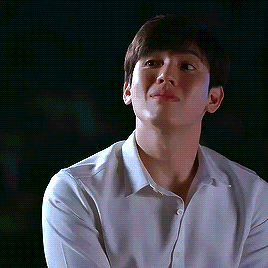
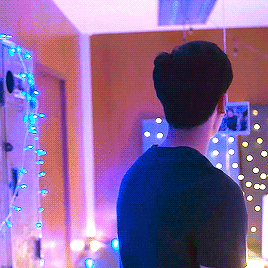

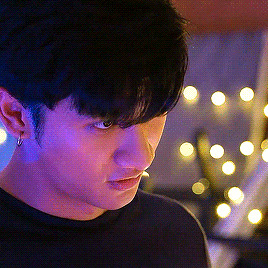
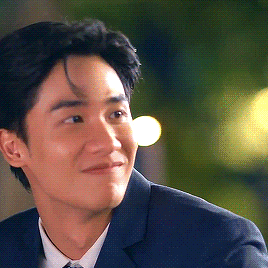
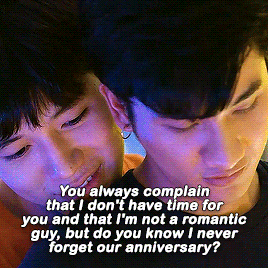



dark blue kiss ep. 7 // cherry magic thailand ep. 10
#cherry magic thailand#cherry magic th#dark blue kiss#tay tawan#new thitipoom#taynew#petekao#karanachi#lextag#uservid#tusernix#samblr#userkimchi#userdramas#thai drama#*#*gifs#*taynew#*tay#*new#*cmth#*dbk#*thdrama
570 notes
·
View notes
Text

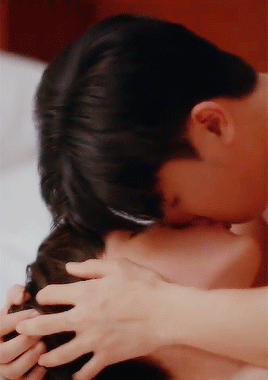
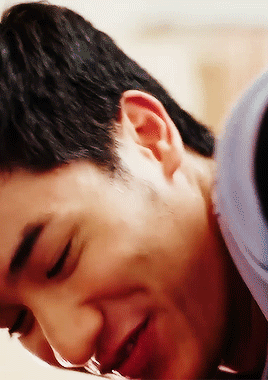

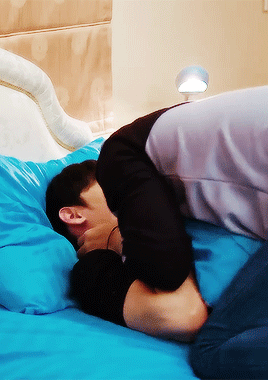
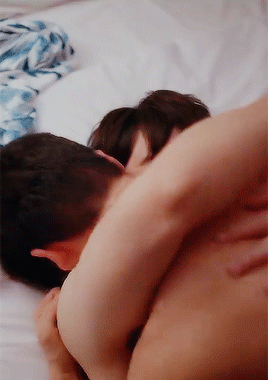
how it started // how it's going
#cherry magic#cherry magic th#taynew#karanachi#karan x achi#cherry magic th ep11#kiss me again#petekao#tay tawan#new thitipoom#gmmtv#thai bl#bl drama#theyve come a long way
453 notes
·
View notes
Text

😭😭😭
#dark blue kiss#backaof noppharnach#taynew#tay tawan#new thitipoom#petekao#THEY ARE GETTING SO SENTIMENTAL AT GMMTV 😭😭😭#marriage equality in thailand#thai marriage equality#marriage equality#pride#pride month#lgbtq+#lgbtq+ rights#🏳️🌈
218 notes
·
View notes
Text
"RENEGADES" by ONE OK ROCK
A PRIDE EDIT OF SELECTED THAI QL SERIES
#sotus the series#until we meet again#between us the series#be my favorite#the eclipse the series#gap the series#dark blue kiss#cutie pie the series#not me the series#the warp effect#something in my room#i told sunset about you#kristsingto#bounprem#gawinkrist#taynew#poddgawin#firstkhao#offgun#freenbecky#billkinpp#zeenunew#kongart#kawipi#winteam#deanpharm#petekao#liankuea#sunmork#ayanakk
162 notes
·
View notes
Text
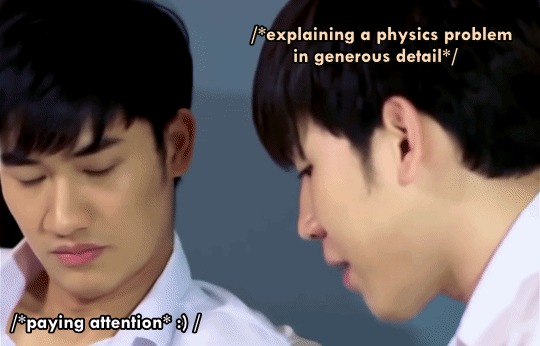
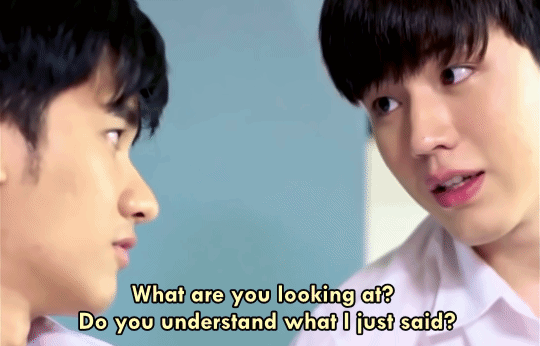
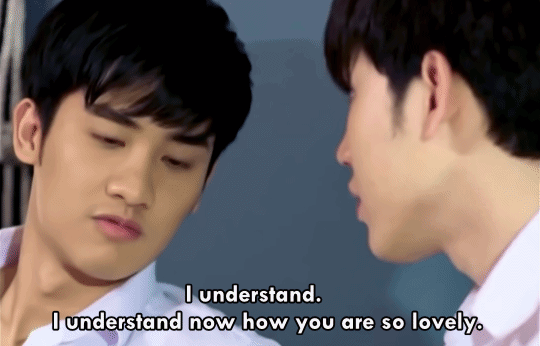


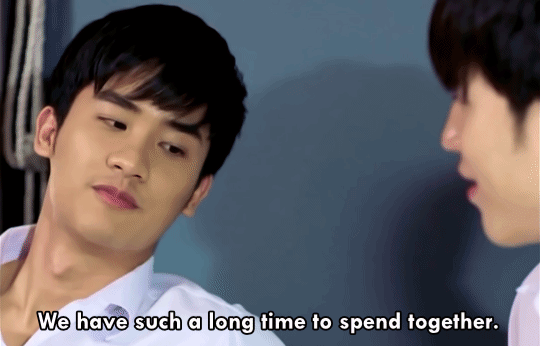
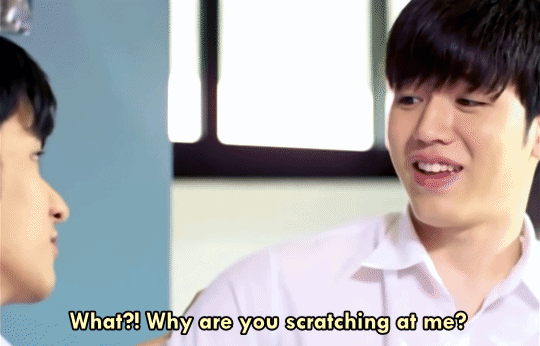

Pete & Kao [Tay Tawan & New Thitipoom] (Kiss Me Again, 2018)
bonus progress report:
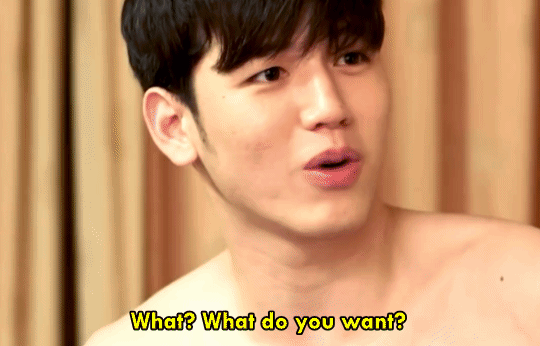
#'why are you scratching at me' might be one of the most emblematic lines depicting the nature of their relationship#petekao#tay tawan#new thitipoom#thai bl#gmmtv#kiss me again#dark blue kiss#kiss the series#taynew#my gifs#yo mismo#ไทย
337 notes
·
View notes
Text
I see lots of petekao slander these days but I do at least need everyone to acknowledge that there will never be a more iconic getting together scene than theirs alright this is cinema
#yes they’re insane yes undernegotiated kinks does clearly form a key part of their relationship#they’re perfect and I Will write my essay tomorrow#petekao#kiss me again#dark blue kiss
187 notes
·
View notes
Text


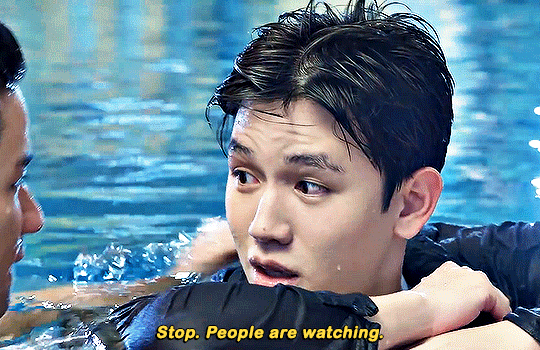


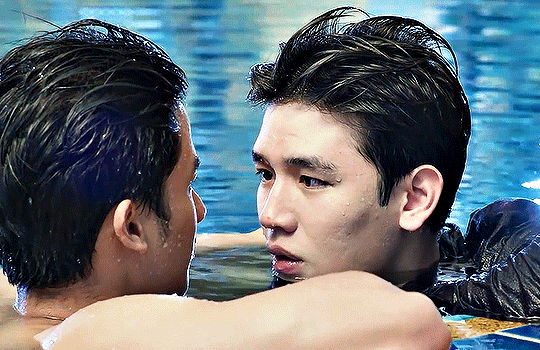
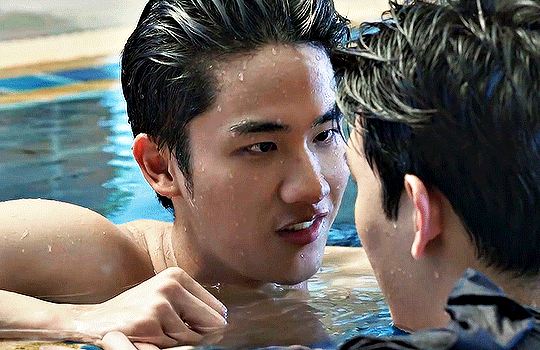
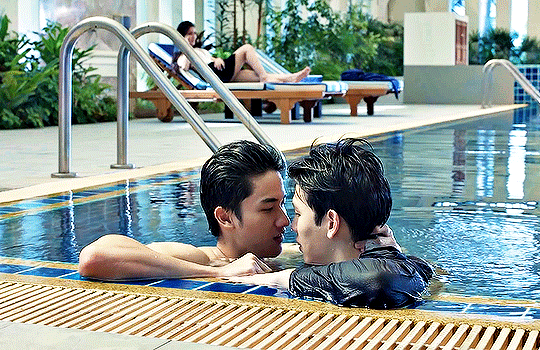
#dark blue kiss#dark blue kiss the series#darkbluekissedit#petekao#taynew#tay tawan#new thitipoom#bledit#usergay#boyslovesource#usernuria#userjamiec#usertaeminie#userlinnea#tvedit#bylaura#idk who's watched this so wasn't sure who to tag#but their chemistry is so so so good#also they don't age
309 notes
·
View notes
Text






#Gabriel makes stuff#Kiss Me Again#จูบให้ได้ถ้านายแน่จริง#Pete#Tay Tawan#Kao#New Thitipoom#PeteKao#Pete x Kao#ThaiBL#Thai BL#Thai series#Thai Drama#BL Drama#BL series
37 notes
·
View notes
Text

Happy Birthday, Newwiee! 💙💫✨
#happy 32nd Newwiee day#happy birthday Newwiee#newwiee#newwiee art#newwiee fanart#newwie art#new thitipoom#new thitipoom art#new thitipoom fanart#taynew#tay x new#taynew art#taynew fanart#peachhome#peaceful property series#peaceful property#cherry magic th#cherry magic thailand#cherry magic#cherry magic gmmtv#dark blue kiss#pete x kao#petekao#karan x achi#karanachi#gmmtv actors#gmmtv boys#thailand actor#artists on tumblr#digital art
24 notes
·
View notes
Text
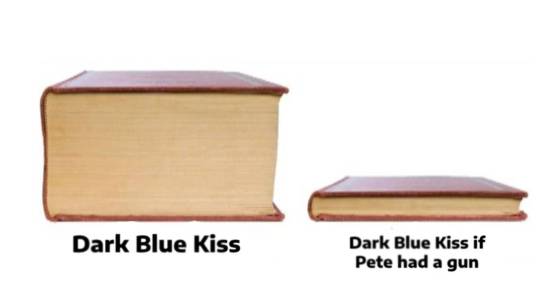
72 notes
·
View notes
Text
Tay and New did one series being lovey dovey and went "never again, bicker and banter it is."
#tay tawan#new thitipoom#newwie thitipoom#taynew#kiss the series#kiss me again the series#dark blue kiss the series#cherry magic 30 thai#peaceful property the series#petekao#karanachi#peachhome#im three eps in peaceful property and none of it has made me cry YETZ#mostly because ive seen the spoilers so i was prepared#im gonna take my time with ep 4 5 and 6 (which ig will come tomorrow)#so i dont have to suffer in wait
34 notes
·
View notes
Text
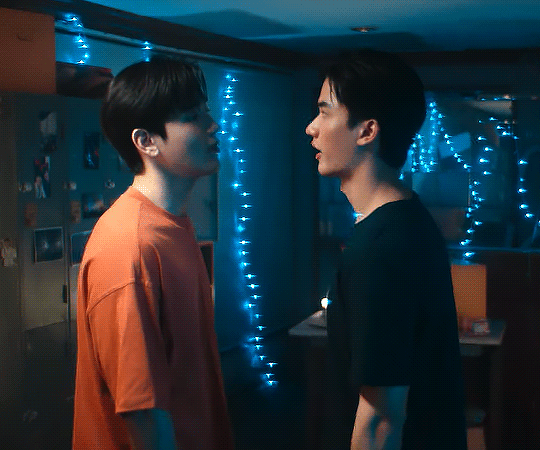


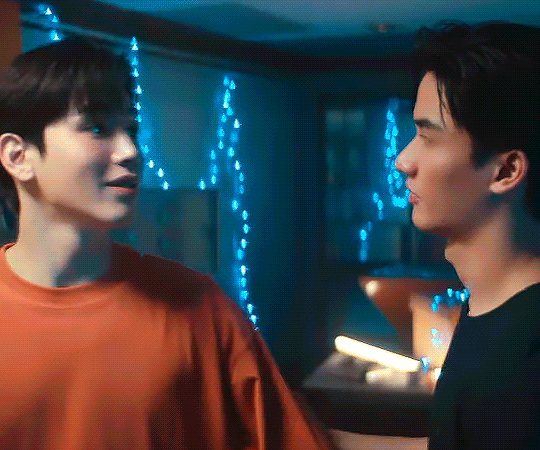
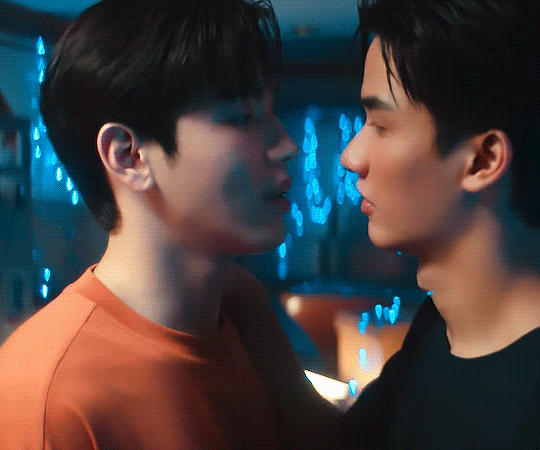

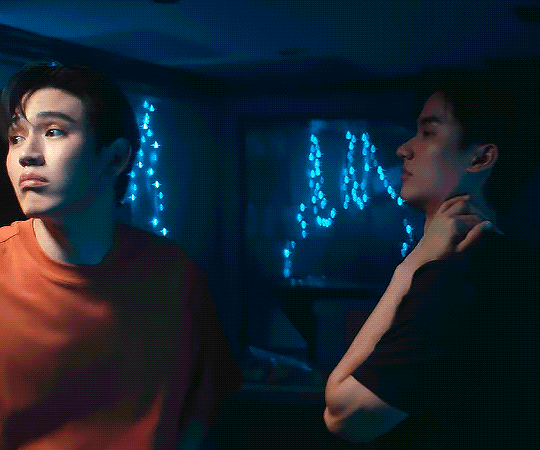
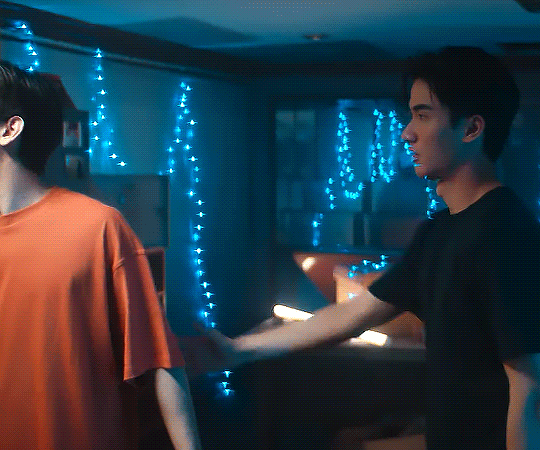
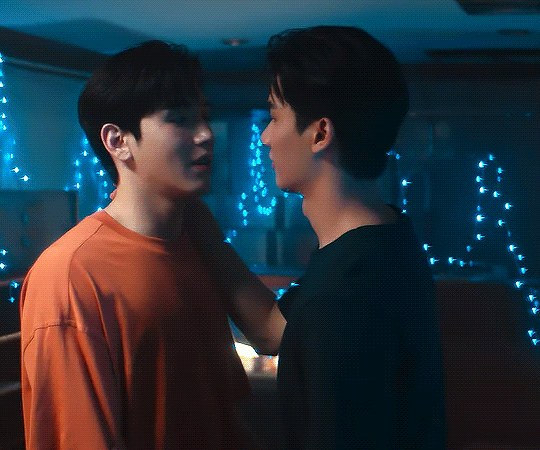

TAY TAWAN & NEW THITIPOOM POLCA TIME TRAVELING CONCERT (2024)
#polca time traveling concert#taynew#tay tawan#new thitipoom#petekao#dark blue kiss#uservid#*#*gifs#*tay#*new#*taynew#*thdrama#THEY GAVE ME PETEKAO BACK GOD!!!!!!!!!!!!!
187 notes
·
View notes
Text
Now that gmmtv25 is nearly here and Thailand has legalized gay marriage we need our og's to get married the very deserving and first og to get married should be PETEKAO like come on they tryna get married since 2019 pls pls pls plsssss let them get marrieddd I wanna see my petekao married , even karanachi is married now my petekao deserves their grand wedding . I won't even be greedy I'll be fine with 2hrs special episode jusssst giveee me petekao

And can weeee plss get kristsingto I am done waiting for them I miss themmmm 😭😭😭

#taynew#petekao#karanachi#tay tawan#new thitipoom#dark blue kiss#kiss me again#cherry magic th#kristsingto#gmmtv series#gmmtv bl#gmmtv boys#gmmtv#gmmtv25#peaceful property#peachhome
22 notes
·
View notes
Note
I've just started watching Thai BLs and I don't know which ones would be worth getting thru the bad acting. Could you please recommend me some? xo
20 Thai BL's With GREAT Acting
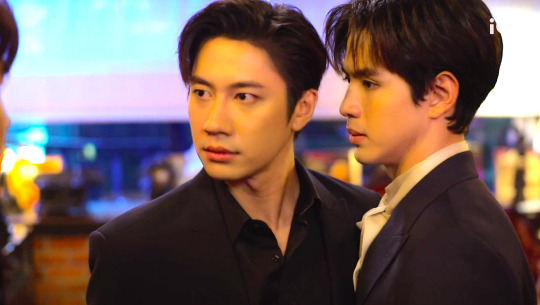
Laws of Attraction
Moonlight Chicken (review here)
Not Me (review here)
Until We Meet Again (discussion here)
Bad Buddy (review here)
A Tale of Thousand Stars
Love By Chance
He's Coming to Me
The Eclipse
My Ride (review here)
Step By Step (review here)
My School President
Bed Friend (review here)
Dark Blue Kiss (PeteKao watch guide here)
Make a Wish
My Only 12%
Never Let Me Go
Theory of Love
Dear Doctor, I'm Coming For Your Soul (review here)
Triage (review here)
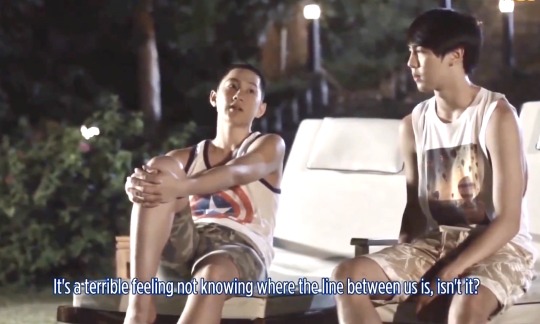
Love Sick is also pretty special but it's very long and complicated and kinda a steep buy in. But if you are of the Degrassi Jr High inclination...
You might also want to try I Told Sunset About You. It wasn't for me but is for LOTS of super fans of high quality BL.
From the tone of the question I am assuming we are going with a a western value judgement which prioritizes grittiness and subtlety.
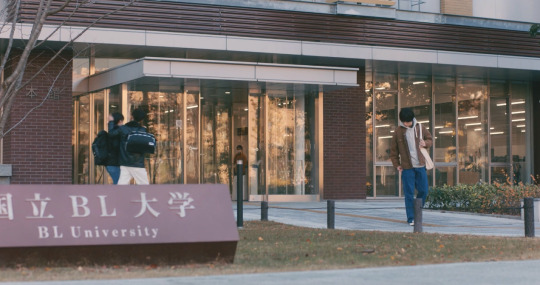
Here's more stuff for you to explore if you're interested.
(Many of these will not have been updated with 2023)
Here's me talking about western struggles with Thai language and acting style:
Here's the master post on Thai BL
Not specifically Thai but here's my:
10 Best BL All Rounders - acting, script, music, narrative, production
(source)
#asked and answered#best thai bl actors#best thai bl#thai bls#best actors in bl#top bl actors#best bl acting#Triage#Dear Doctor I'm Coming For Your Soul#Theory of Love#Never Let Me Go#My Only 12%#Make a Wish#Dark Blue Kiss#PeteKao#Bed Friend#My School President#Step By Step#My Ride#The Eclipse#He's Coming to Me#Love By Chance#A Tale of Thousand Stars#EarthMix#Bad Buddy#OhmFluke#Until We Meet Again#Not Me#Moonlight Chicken#Laws of Attraction
316 notes
·
View notes
Text
30-DAY BL CHALLENGE - Day 1

"RED FLAG BUT I'LL DEFEND THEM WITH MY LIFE"

I'm on the stand today defending Pete from Dark Blue Kiss because, okay, sure, he's a grown-ass man who thinks he's in competition with a high schooler and he has a mercurial temper and he's unreasonable and throws clothes at children.
But also, like??? The high schooler is annoying and Pete is hot, so I'm afraid he can do whatever he wants big shrug emoji.

40 notes
·
View notes
Text
I don't think I've ever despised a character in BL as thoroughly as this little shithead right here
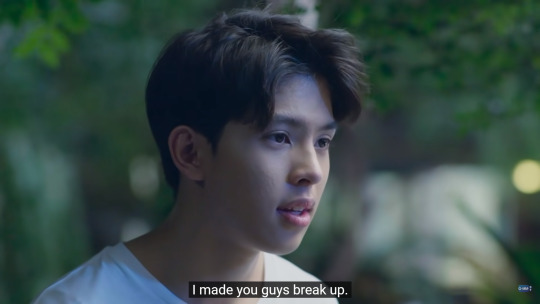
AJ is doing a great job. Whenever he shows up on my screen my blood boils and I see red.
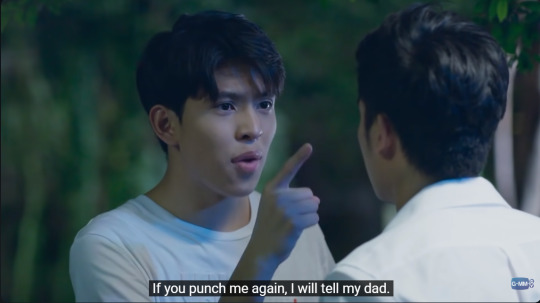
What a spineless little cockroach
#dark blue kiss#i've been on team pete since ep 1#and this asshole has been pissing me off so much#aj chayapol#petekao#taynew#tay tawan#new thitipoom
75 notes
·
View notes